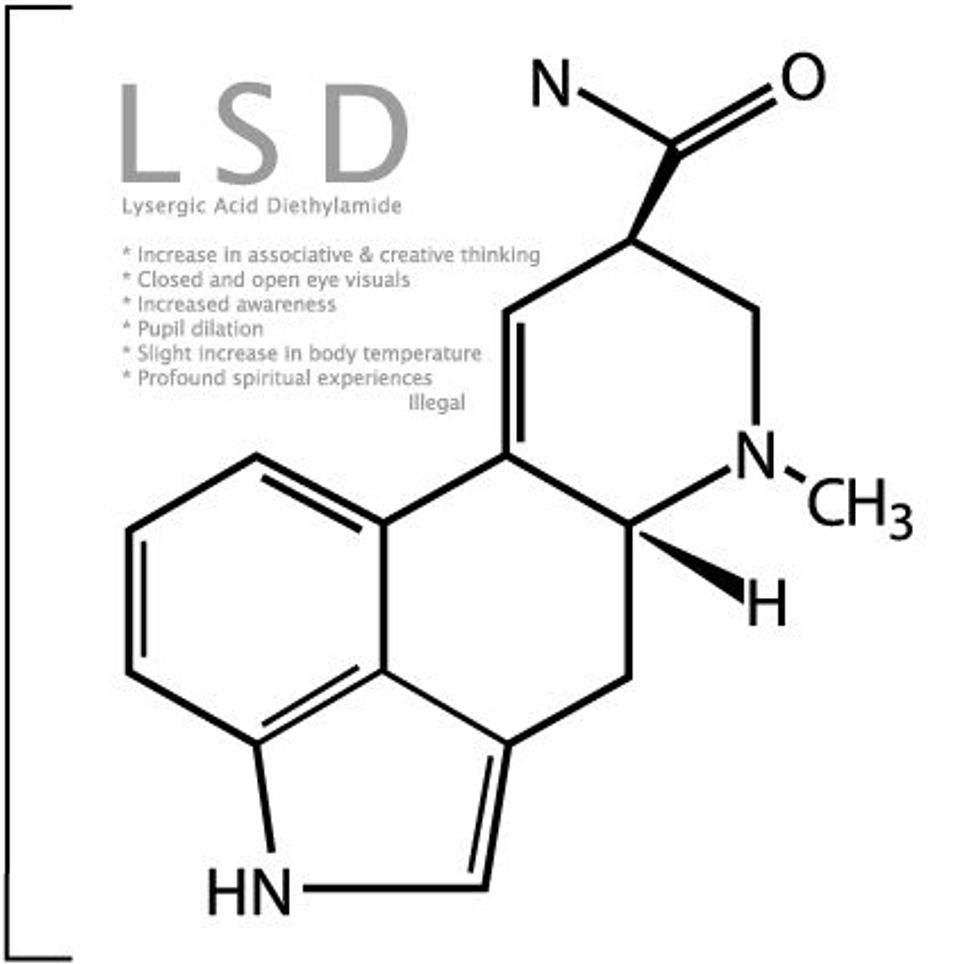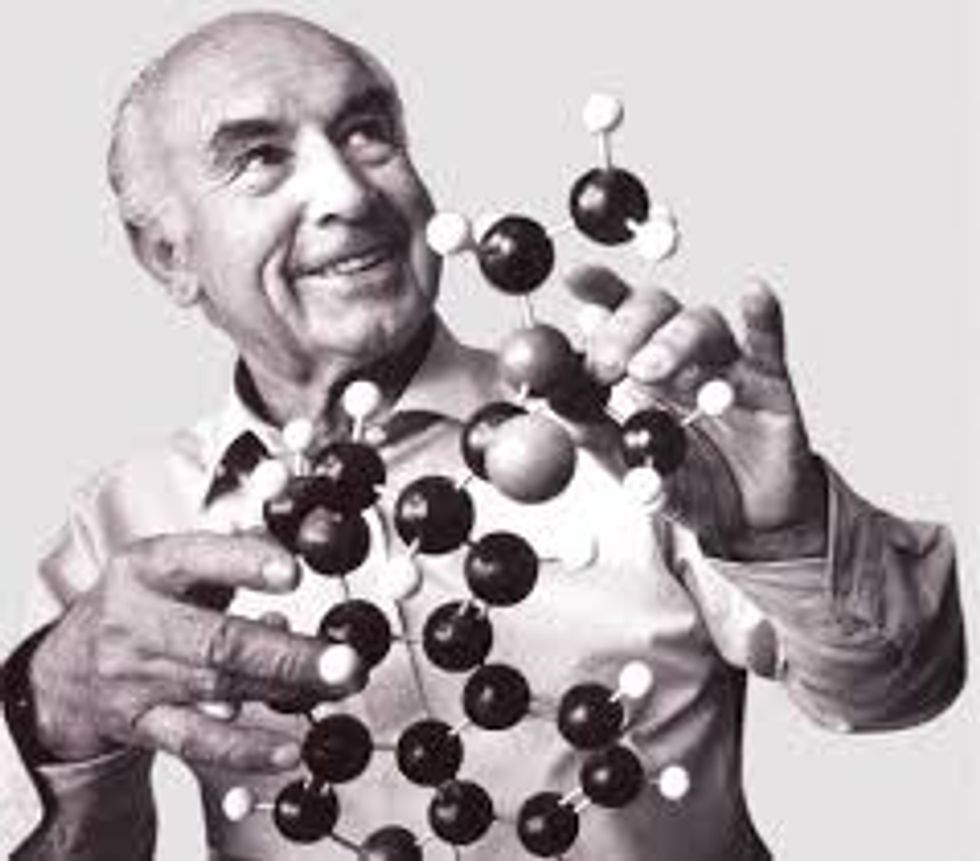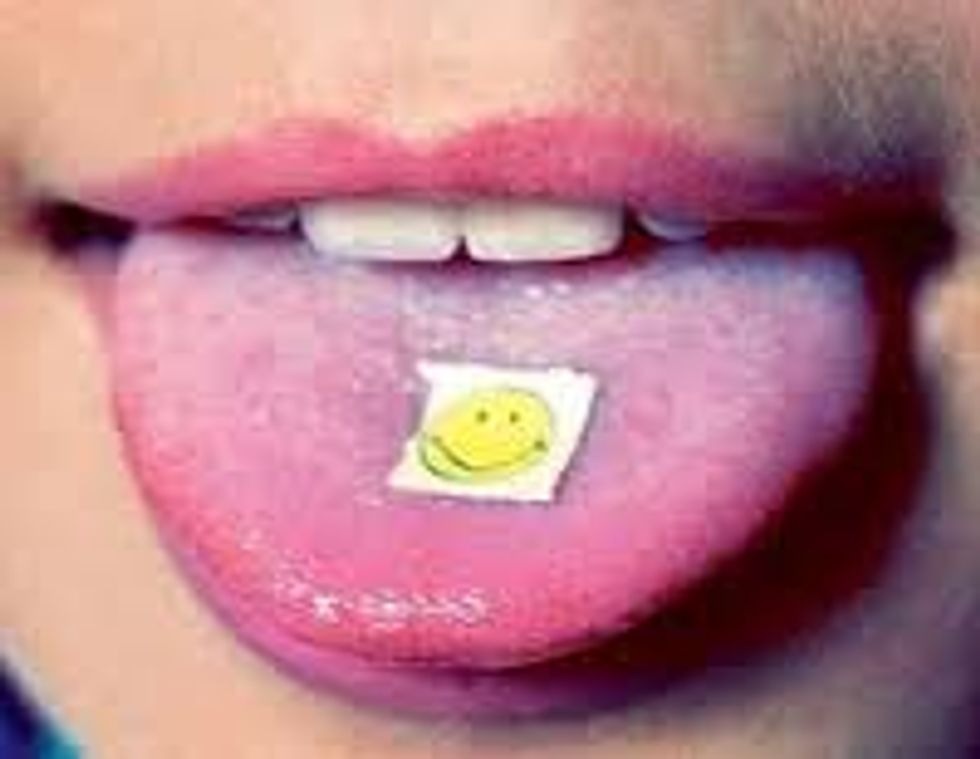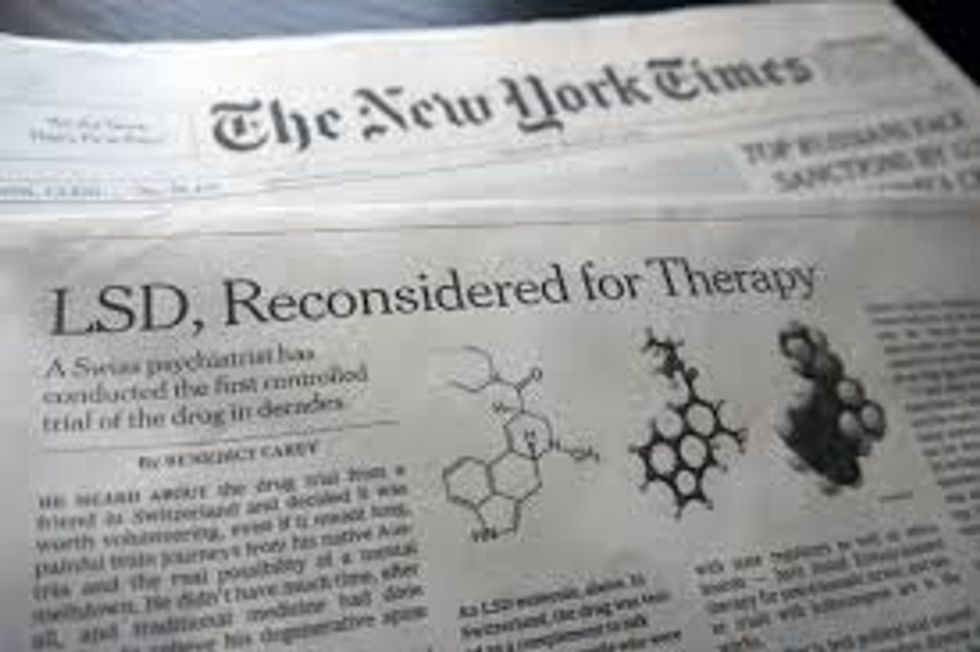LSD--lysergic acid diethylamide--is one of America's most infamous drugs, getting a bad rap through being associated with the anti-war and counter-culture movements of the sixties and seventies. Listed as a schedule 1 drug, LSD has no supposed medical benefits and there's a high probability that the user can become addicted and misuse the substance. However, this is completely wrong. There's incredible
1. LSD was discovered virtually accidentally in 1938.
Albert Hofmann was researching the healing power of the ergot plant for people struggling with migraines. After synthesizing 24 derivations of Lysergic Acid Diethylamide (LSD), he was surprised by the 25th derivation: the rats showed no physiological reaction to LSD-25. He pushed LSD-25 to the back of his mind and continued his work--winning multiple prestigious awards.
2. However, the first acid trip was not until 1943.
Something gnawed at Hofmann; it was rather interesting that the rats seemed to not show any reaction to only one derivation of LSD. Curious, he derived LSD-25 again in 1943 and came home feeling a little fuzzy. Noticing peculiar patterns and feeling a sense of happiness, he assumed he accidentally ingested a small amount of the substance, so at the lab the next day, he willingly ingested 250micrograms of LSD. To Hofmann’s surprise, he had just taken about 2.5 times the average dose, while he believed he was taking a threshold dose—the minimal amount of a substance to feel an effect.
Petrified by the images, patterns, and feelings in the lab, he rode his bike back to his house with his lab assistant and called a doctor. Whilst riding his bike, Hofmann’s experience grew more torturous, yet when the doctor examined him, the only measure out of the ordinary were Hofmann’s dilated pupils. The kaleidoscope shapes began to intrigue him as he came off of the ‘peak.’ He saw the world in a way that he was never capable of before—incredible connections, incredible changes in consciousness. By the end of the trip, Hofmann described the experience as incredibly enlightening, full of meaning and passion and understanding. He didn’t know how, but after that day, Hofmann knew his life would no longer be the same.
3. LSD is not addictive
The obvious misuse of LSD in the 60’s, and well, today has lead people to believe this drug is addictive. However, there are no withdrawal symptoms and no psychological or physiological dependence associated with LSD. In fact, before the drug was criminalized in the war on drugs, LSD demonstrated an incredible ability to aid in the recovery from alcoholism.
4. Bill Wilson—founder of Alcoholics Anonymous—wanted to use LSD to facilitate a spiritual awakening for alcoholics in recovery.
Believing in God, a higher power, or something greater than yourself is an integral part of AA. Wilson believed in the importance of spirituality in order to recover from alcoholism and therefore, the spiritual awakening that is associated with LSD was the perfect way to help each recovering alcoholic to experience a higher power—almost like a divine intervention. While it’s interesting that Wilson wanted to use LSD for treatment because it empowers a spiritual awakening, research today has exhibited that a greater spiritual or mystical experience during an LSD therapy session is directly correlated with outcome. More spiritual experience—more likely to recover.
5. LSD helps people by connecting them to their emotions, themselves, and the world around them.
Depression is a problem today, and while antidepressants help people struggling, they do so by disconnecting people from their emotions, themselves, and their friends. While turning off a person’s emotions may be good in certain circumstances, the majority of people taking antidepressants remain depressed because they are incapable of sorting out and coping with the events or traumas that lead a person to depression. LSD promotes interconnectivity of the brain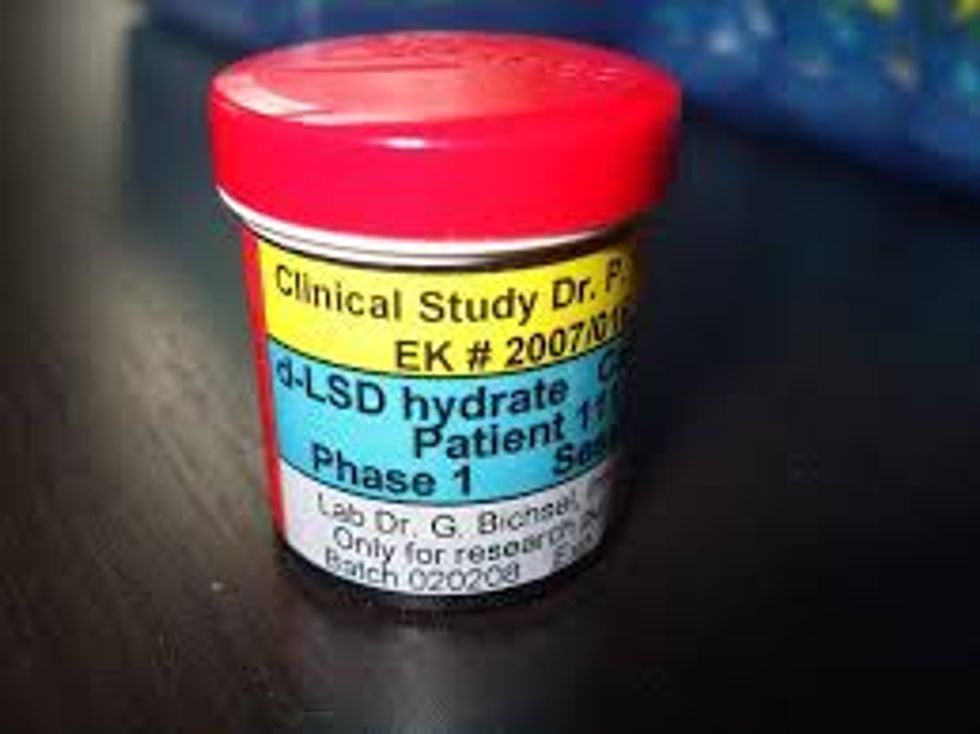
There’s something beautiful to be said about connection, and in our virtually ‘connected’ world, it’s saddening that people continue to struggle with a separation between themselves and the world. Psychedelic drugs combat this; by connecting us to the world, ourselves, and our emotions, LSD embodies this unique power to heal, and it’s time for us to put down our pitchforks and learn more about this remarkable substance.


